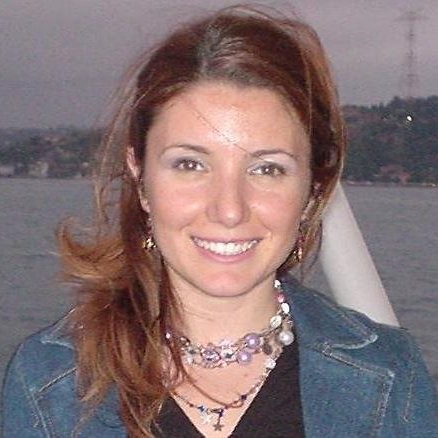
Ziya Denek
First IVF and Day Surgery

Ozge Ayvaz
Dubai Fertility Center

Dilek Das
IVF International Fertility Center
What is Embryology?
Embryology delves into life’s earliest stages. It captures a world unseen, where cells dance. The hidden choreography leads to complex beings.
From a single cell, life begins its journey. It’s a symphony of division and differentiation. Each note contributing to a larger composition.
DNA guides this intricate process. Genes activate, instructing cells. They form tissues, organs, systems—each playing its part flawlessly.
The zygote marks the commencement. Rapid divisions ensue, forming a blastocyst. Cells continue their harmonious split, filled with potential.
Implantation, a moment of suspense. The blastocyst lodges into the uterine wall. This connection sparks a new chapter of growth.
From the blastocyst, three germ layers emerge. Ectoderm, mesoderm, endoderm. These layers lay down the blueprint for the body’s architecture.
Organs take shape in a meticulous ballet. Hearts, brains, limbs appear. Each developed from primordial structures.
Chemical signals direct this development. They ensure each cell knows its place, its function. It’s a coded language of life.
Embryology also uncovers what goes awry. Birth defects, genetic disorders. Insights lead to understanding, prevention, potential cures.
In vitro fertilization (IVF) intersects with embryology. Specialists aid in the earliest stages of embryo development. It combines science and hope for many.
In Dubai, embryological research flourishes. Advanced clinics push the boundaries of understanding. Tradition and modernity blend in impressive ways.
Embryology extends beyond humans. It aids in animal conservation. Preserving endangered species through understanding their beginnings.
Advancements in imaging reveal the unseen. Microscopes, 3D models bring embryological processes to light. Technology, an ally to discovery.
The field navigates complex ethics. Cloning, genetic editing spark debates. Balancing progress with ethical responsibility is crucial.
Embryology sheds light on evolution. Comparative studies across species show common origins. It’s a window into our shared past.
Embryos are delicate. Environmental factors play significant roles. They influence development profoundly, showcasing nature’s vulnerability.
The maternal environment is paramount. Nutrition, health, stress levels impact embryonic growth. Maternal care starts at conception.
Nine months—a brief period for such complexity. From embryo to fetus, life’s foundations are laid. It’s a compressed timeline of miracles.
Research continues to unlock secrets. Stem cells, regenerative medicine—a frontier of possibilities. Each discovery propelling the field forward.
Proteins are essential in this narrative. They build structures, catalyze reactions. The silent workers behind the scenes of creation.
Cells face crossroads. Choices determine whether they become neurons or muscle cells. It’s a path of diverging fates.
Embryology has ancient roots. Philosophers, early scientists pondered life’s beginnings. Their questions laid the groundwork for today’s knowledge.
Behind the science are personal journeys. Parents awaiting IVF results, researchers chasing breakthroughs. Their stories enrich the field.
Embryos travel an unseen path. Micro movements, molecular signals, silent but significant. This journey lays the blueprint of life.
Embryology doesn’t end at birth. Growth continues, reflecting patterns set in early stages. It’s a lifelong evolution rooted in embryonic origins.
Embryology is the silent architect of life. It deciphers the blueprint from which complexities arise. Each cell division, each developmental milestone tells a tale of extraordinary precision. Understanding this field reveals the profound intricacy of life’s origins, showcasing the marvel of nature’s design. The journey from a single cell to a complex organism is a testament to both simplicity and complexity, intertwined in the essence of existence. In every living being, the story of embryology continues, a never-ending dance of life’s first moments, endlessly fascinating and deeply humbling.


 then "Add to Home Screen"
then "Add to Home Screen"